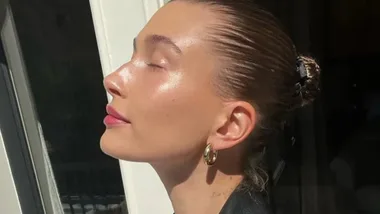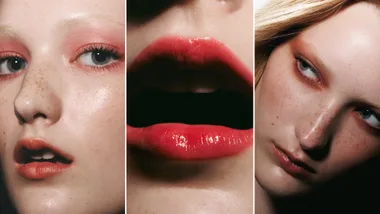With life back in full swing and our diaries bursting, it’s little wonder we are once again slicing into our sleep schedule to cram in a bit more. The juggle is real but the downside of regularly cutting back on the recommended seven to nine hours of sleep each night is not only the risk of falling asleep at your desk at 3pm.
It turns out that having good sleep hygiene and keeping a regular bedtime delivers a better complexion in both the short and long term. We spoke to the experts to learn what we can do to get the most out of our pillow time.
The Night Shift
Habitually hitting “next episode” on Emily in Paris into the wee hours? It might pay skin dividends to stick to a regular bedtime instead. “Studies prove that sleep deprivation takes a toll on our skin,” says Dr Helen Knaggs, head of global research & development for Nu Skin.
“Not getting enough sleep for a prolonged period of time can cause us to look tired and older, increasing the appearance of fine lines and wrinkles as well as affecting skin tone and texture.”
That’s because skin on the night shift behaves differently from skin during the day, switching from its protective daytime mode to repair mode while we sleep. “Many of our body’s repair processes occur when we rest, so not getting enough sleep deprives our repair processes and can have a knock-on effect on our skin,” explains Knaggs.
Night-time is also when our skin’s defences are down, so it’s the moment when our complexion is more receptive to actives such as retinol, enzymes and AHAs. It’s also a great time to boost hydration levels with ingredients such as peptides, ceramides and hyaluronic acid. So, deprive your body of sleep and you’re also precluding your complexion of time with skin-boosting ingredients.
Stress And Sleep
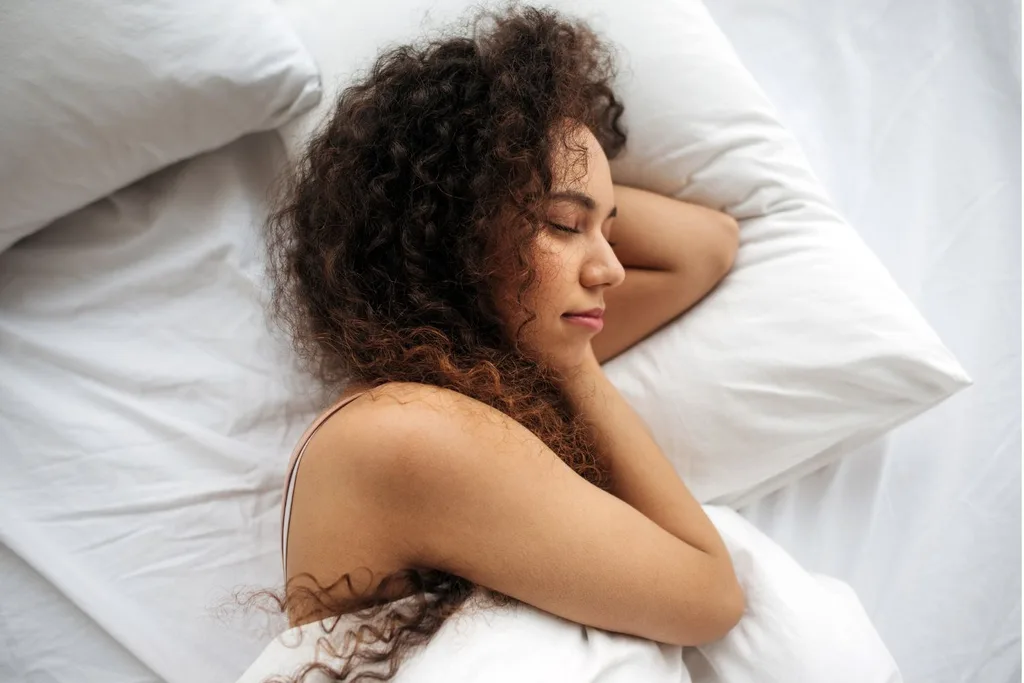
If you’re staring at the ceiling long after you have turned out the lights, it’s important to recognise the cause. “Consider why you aren’t getting enough sleep,” says Knaggs. Clinical psychologist Nancy Sokarno at psychology portal Lysn explains further.
“Unfortunately, what happens in our waking lives can often negatively affect our ability to sleep, causing a vicious cycle,” she says. “Any form of stress, worry or anxiety can keep us up at night or cause interrupted sleep.” Calming down things in your life will also pay dividends to the way your skin looks, notes Knaggs. She adds that a prolonged lack of sleep can trigger changes in our body’s biology, which can translate to issues such as dullness, dark circles, puffiness and fine lines.
Good Sleep Habits
Why does the ageing of skin vary so much between individuals? Some 60 per cent can be attributed to genetics, but the remainder (a substantial 40 per cent) is due to lifestyle and environment. Sleep is one big lifestyle factor we can wrangle to slow down the effects of ageing.
Putting in place good sleep habits such as winding down half an hour before bedtime, doing facial massage skincare routines, and practising deep breathing and stretching pre-sleep will set you up for a better night’s rest. Need more incentive? Night is when our body releases the important growth hormone that supports collagen production.
Boosted collagen levels translates to plumper skin and the reduced appearance of fine lines.
Food And Sleep

Another downside to endless scrolling at midnight is that we want to eat more when we’re tired – and often it’s unhealthy food. “When you don’t have enough sleep and you’re trying to keep going, we [tend to] reach for food with a lot of sugar in it or caffeine drinks,” says Knaggs. She adds that “large amounts of sugar and caffeine can negatively impact our skin’s appearance.”
Night Working Skincare
There is good reason to use night-time products while you sleep. “Active ingredients such as retinol, AHAs and BHAs can help stimulate cell renewal,” says dermal therapist Diandra Politano, who is also local skin expert for Dior Beauty. “It is best to use them at night when they are not exposed to the sun and other environmental stressors that can interfere with their performance.”
A serum can be a good way to get actives into your skin at night. “I often advise my clients to invest in a quality evening serum and cream, as these products can work more effectively while you sleep,” says Politano, who recommends the new Dior Capture Totale Le Serum.
“It’s an intelligent night-time skincare product because it contains ingredients that are designed to work with the skin’s natural repair processes that occur during sleep.” The serum contains fermented longoza, a plant extract, and centuline, which help to boost radiance and plumpness.
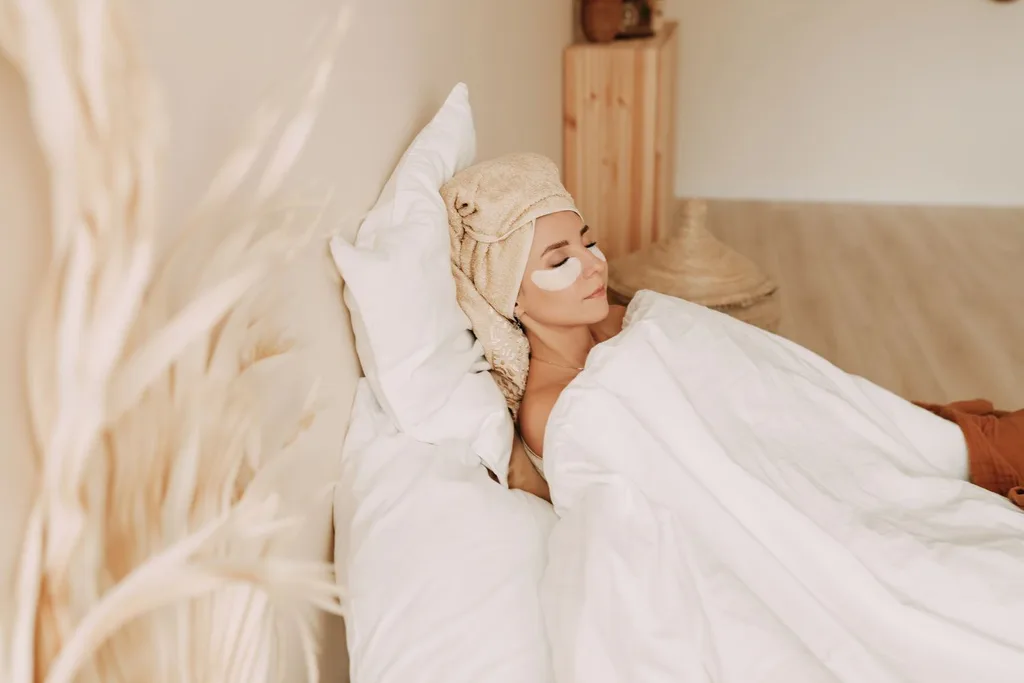
The Hours
There is strong evidence to say we should be sleeping at night (as opposed to clawing it back on the weekend). The reason comes down to our body’s strong biorhythms. “Our biology is programmed to do certain things at certain times of the day,” says Knaggs. Here’s what happens when you’re in the land of nod.
Before Bed
About an hour before sleep is the best time to cleanse skin thoroughly and do your nightly skincare routine, so that products have time to sink into skin.
Nodding Off
The dozing-off stage of sleep lasts about five to 10 minutes. Your body and brain are slowing down to get you ready for sleep.
Light Sleep
This stage lasts about 25 minutes and is non-rapid eye movement (NREM) sleep, where eye movement stops and brainwaves slow down. Your senses slow down too, preparing you for deep sleep.
Deep Sleep
The third stage of sleep is when the body and skin is repairing itself. Tissue repair happens during this 20-40-minute period, so it’s an important time for skin to reboot.
Rem Sleep
A crucial period for skin recovery. This dreaming stage is when all muscles (aside from our breathing muscles and eyes) are deeply relaxed. Cortisol levels decrease and skin cools, allowing collagen production to kick in.
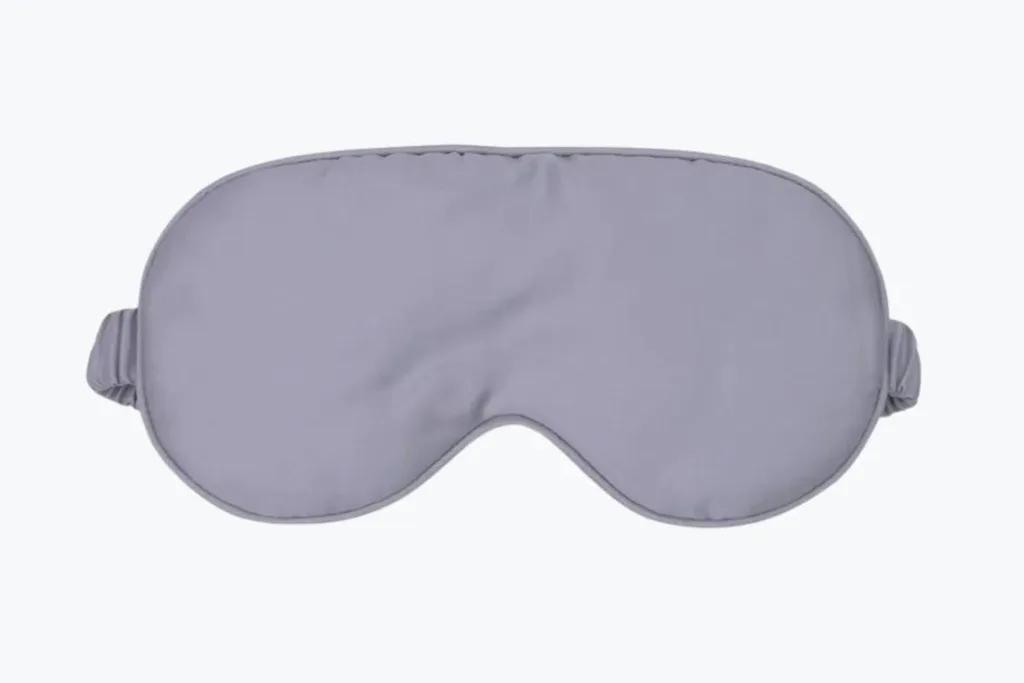
TOUCHÉ Vegan Eucalyptus Silk Eye Mask, $35 at The Iconic
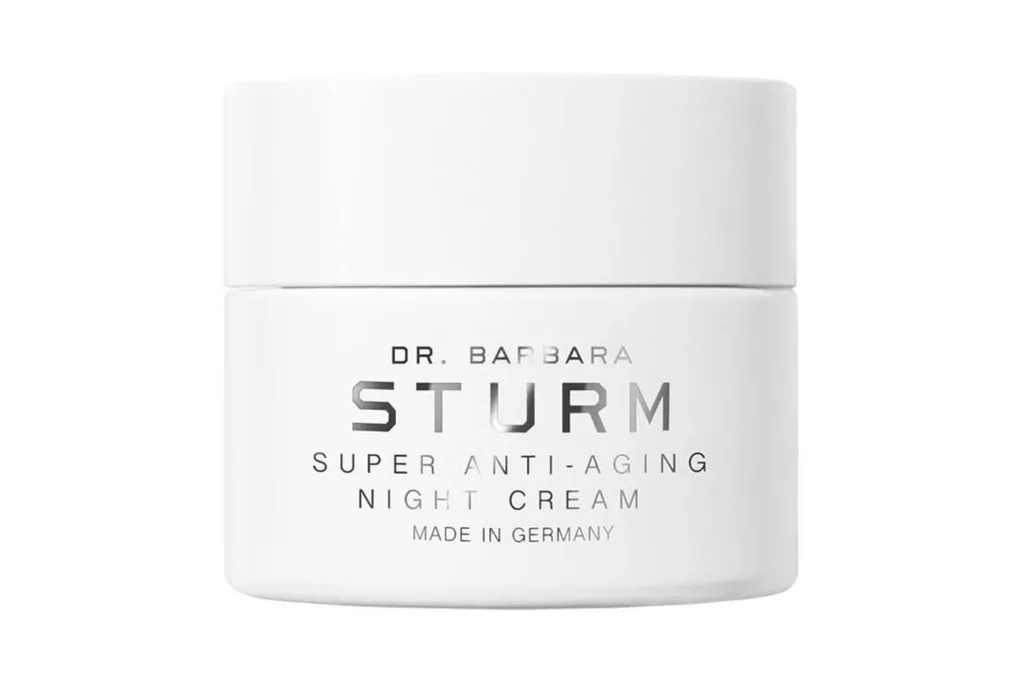
Dr Barbara Sturm Super Anti-Aging Night Cream, $454 at Mecca
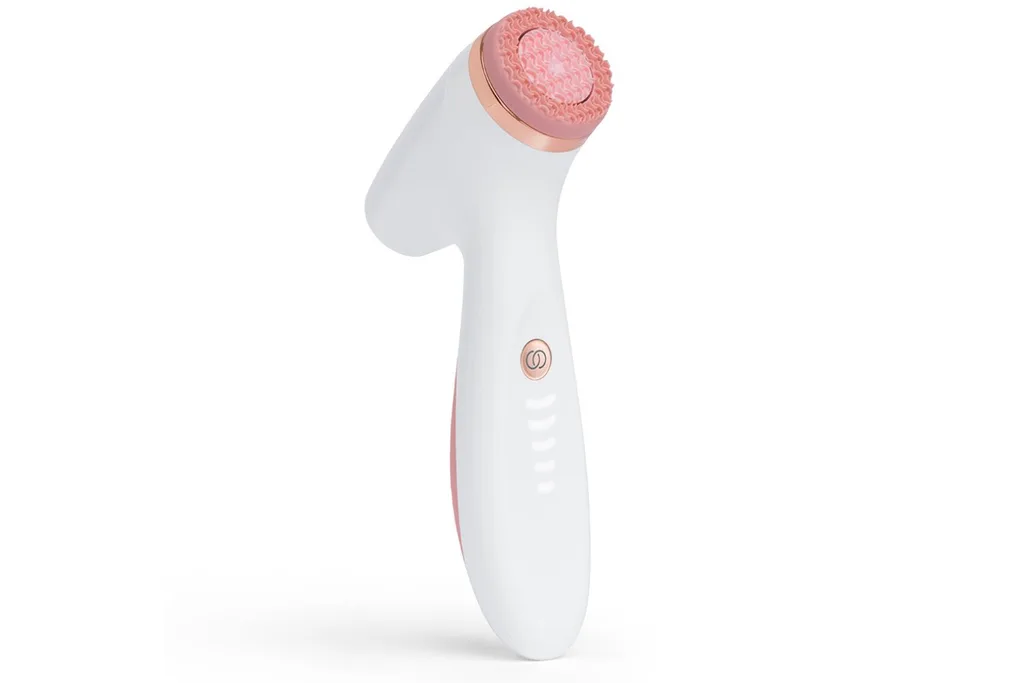
NU SKIN ageLOC LumiSpa iO in Rose Gold, $360 at NU Skin
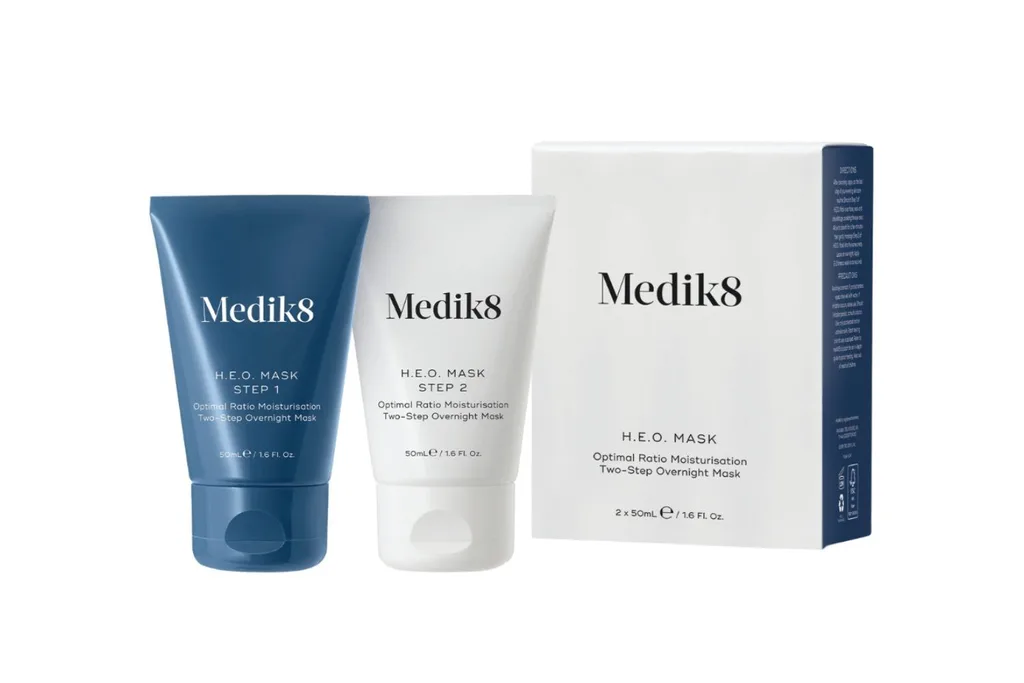
MEDIK8 H.E.O. Mask, 2 x 50ml, $104 at Adore Beauty
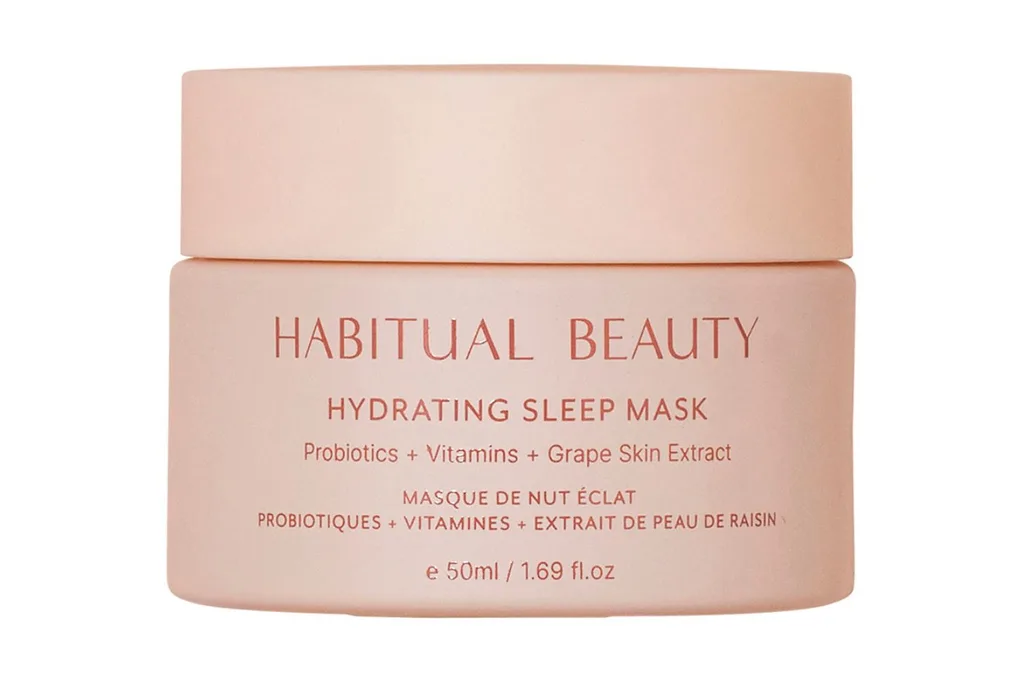
Habitual Beauty Hydrating Sleep Mask, $95 at Sephora
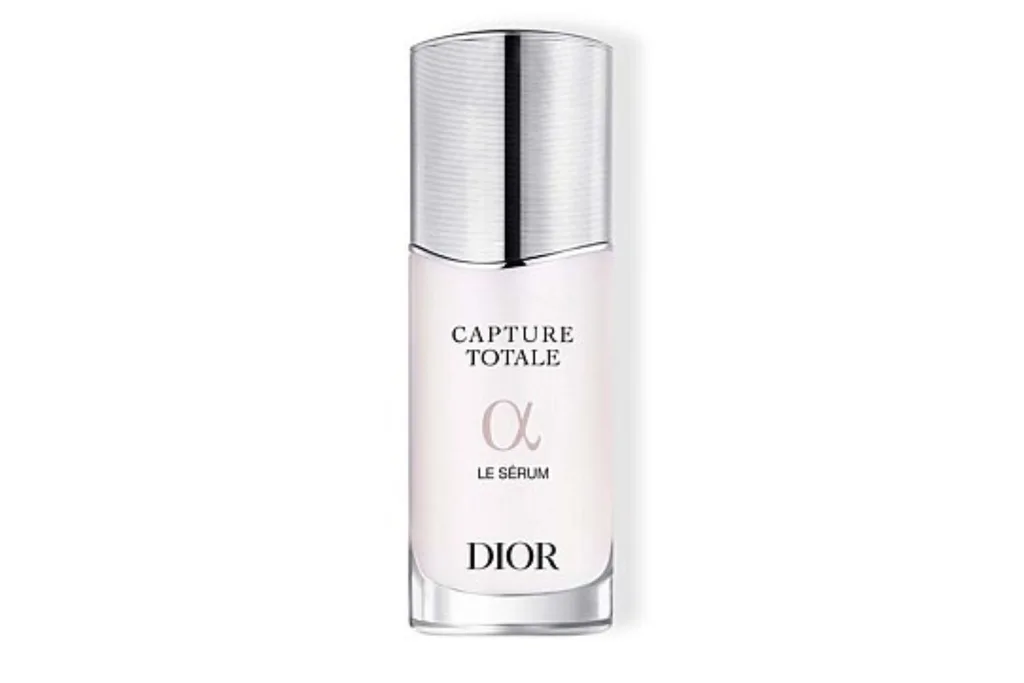
Dior Capture Totale Le Serum, 30ml, $185 at Dior
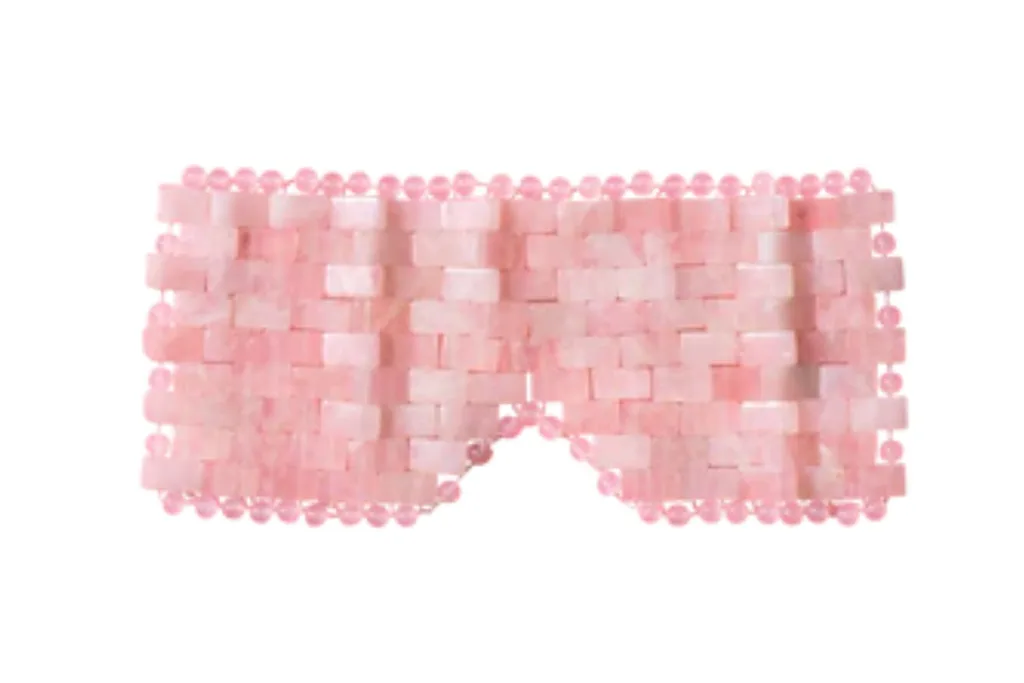
CAW Crystal Eye Mask, $149 at CAWLIFE
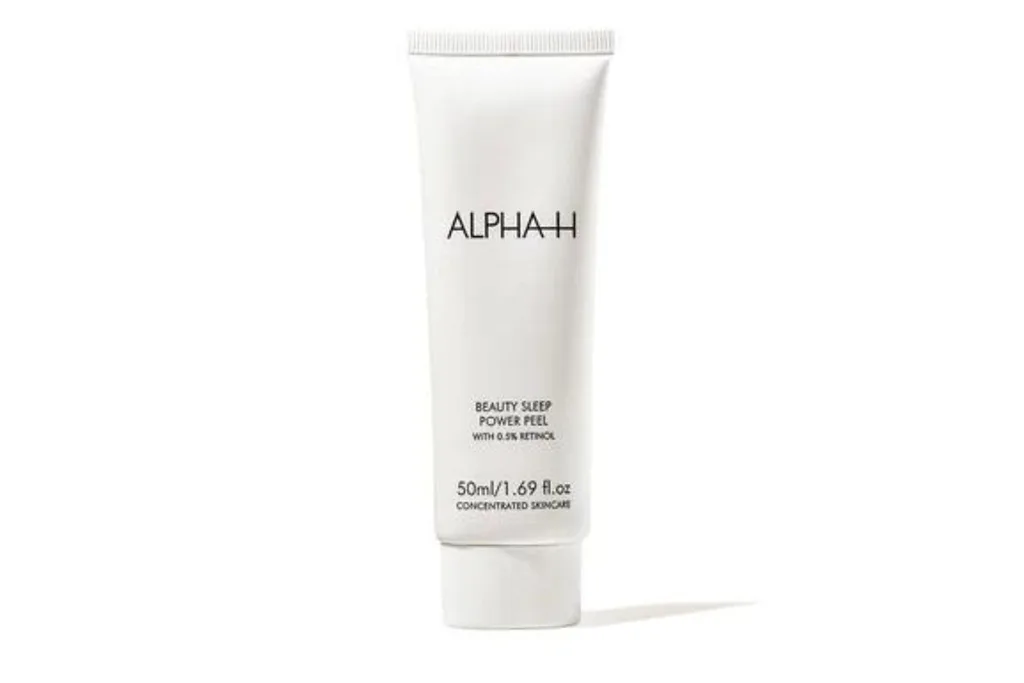
ALPHA-H Beauty Sleep Power Peel, $132 at ALPHA-H
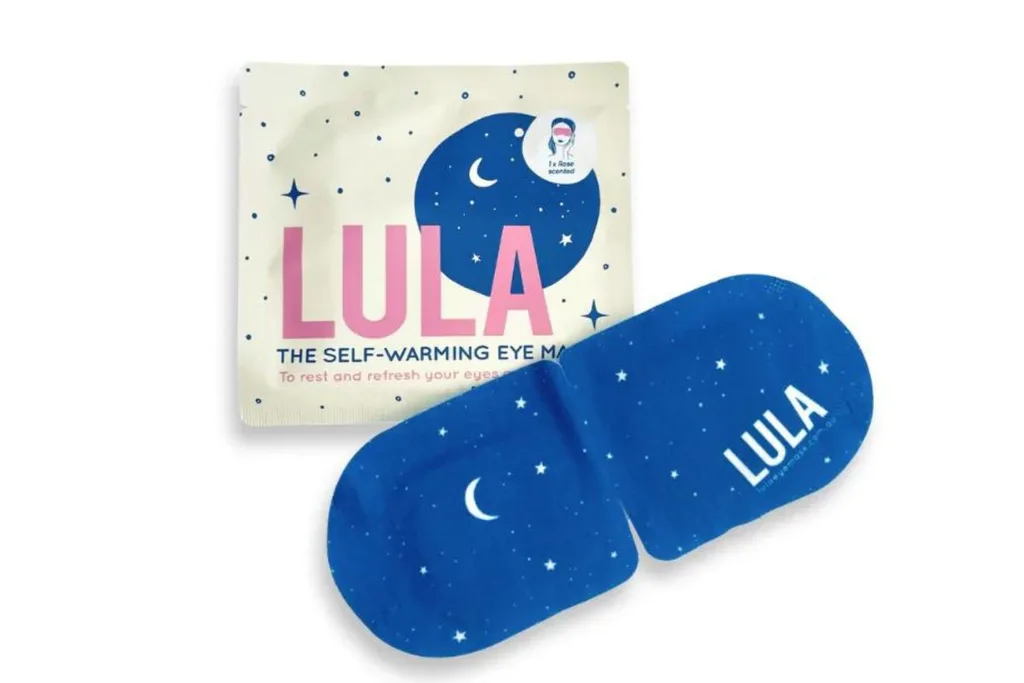
LULA The Self Warming Eye Mask in Rose, $29.99 (for a pack of 5) at LULA




